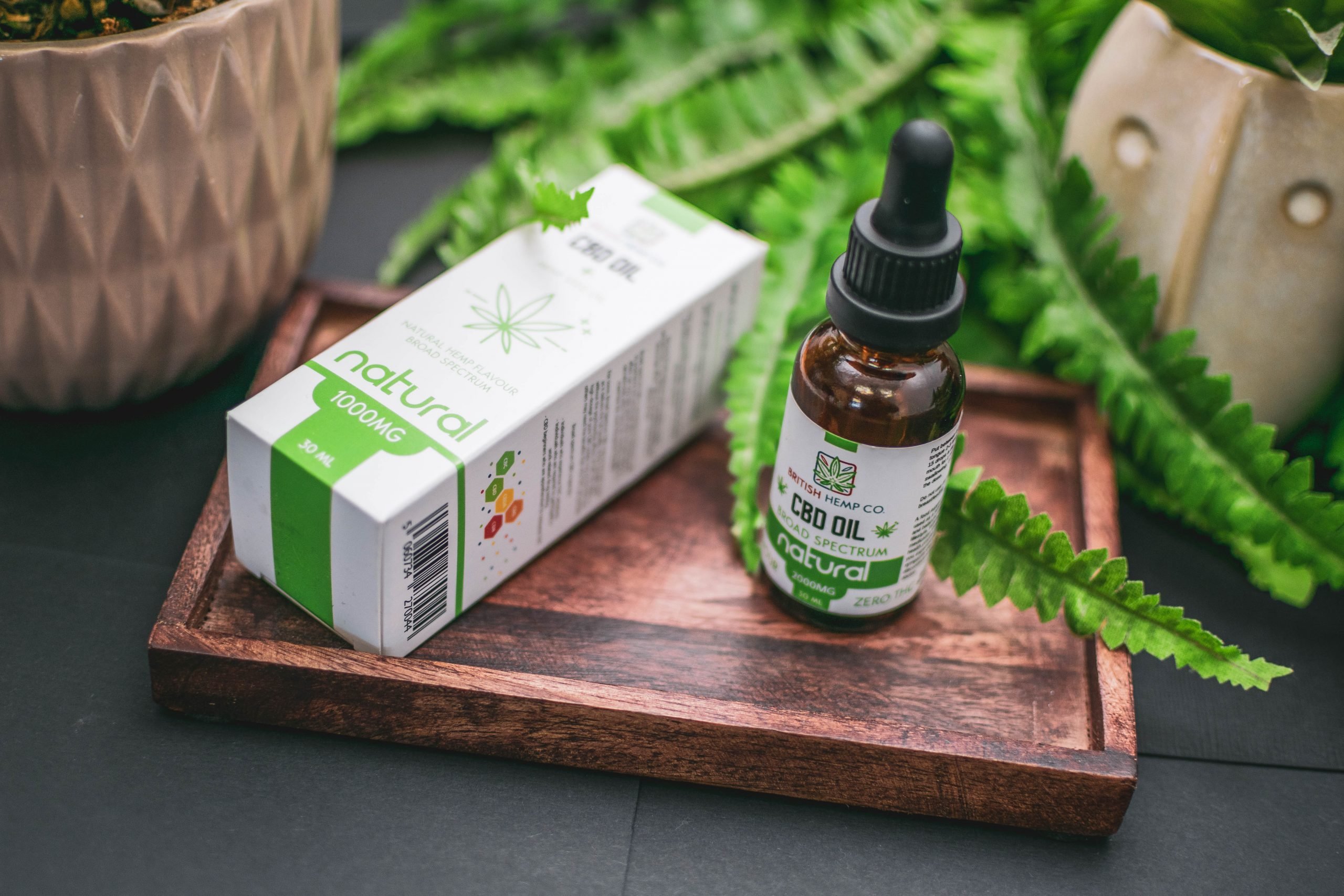CBD vs. THC: Understanding the Differences for UK Consumers

As interest in cannabis and its derivatives grows, many consumers are seeking to understand the differences between cannabidiol (CBD) and tetrahydrocannabinol (THC). Both compounds are cannabinoids found in the cannabis plant, but they have distinct effects and legal statuses. This article explores the key differences between CBD UK and THC, their potential benefits and risks, and what UK consumers need to know when navigating these substances.
What are CBD and THC?
Cannabidiol (CBD)
What is CBD?
CBD, or cannabidiol, is a non-psychoactive cannabinoid derived from the cannabis plant. Unlike THC, CBD does not produce a “high” or alter one’s mental state. It interacts with the body’s endocannabinoid system (ECS) to regulate various physiological processes, including mood, pain perception, and immune response.
Legal Status in the UK
In the UK, CBD is legal provided it contains less than 1 mg of THC per container and is approved as a “novel food” by the Food Standards Agency (FSA). This regulatory framework ensures that CBD products are safe and accurately labeled.
Tetrahydrocannabinol (THC)
What is THC?
THC, or tetrahydrocannabinol, is the primary psychoactive compound in cannabis. It is responsible for the characteristic “high” associated with cannabis use. THC also interacts with the ECS, but it primarily binds to CB1 receptors in the brain, affecting mood, memory, and coordination.
Legal Status in the UK
THC is a controlled substance in the UK, and its use is restricted. Cannabis products containing THC are illegal for recreational use. However, THC can be prescribed for medicinal purposes under specific conditions, such as for certain types of chronic pain or spasticity in multiple sclerosis.
Key Differences Between CBD and THC
Psychoactive Effects
CBD
CBD is non-psychoactive, meaning it does not produce a “high” or impair cognitive function. Its effects are generally subtle and focused on promoting balance and well-being without altering one’s mental state.
THC
THC is psychoactive and can produce a range of effects, including euphoria, altered perception of time, and impaired cognitive function. These effects can vary depending on the dose and individual tolerance.
Medical Benefits
CBD
CBD is widely studied for its potential therapeutic benefits. Research suggests that CBD may help with:
- Pain Management: CBD may reduce pain and inflammation, making it useful for conditions like arthritis and chronic pain.
- Anxiety and Stress: CBD may alleviate symptoms of anxiety and stress by influencing serotonin receptors in the brain.
- Epilepsy: CBD has been shown to reduce the frequency of seizures in certain types of epilepsy, such as Dravet syndrome.
- Skin Conditions: CBD’s anti-inflammatory properties can benefit skin conditions like acne and eczema.
THC
THC also has therapeutic potential, including:
- Pain Relief: THC can provide effective pain relief and is often used for chronic pain conditions.
- Appetite Stimulation: THC is known to increase appetite, which can be beneficial for patients undergoing treatments that reduce appetite, such as chemotherapy.
- Nausea and Vomiting: THC can help reduce nausea and vomiting, particularly in patients receiving chemotherapy.
- Muscle Spasticity: THC may help alleviate muscle spasticity in conditions like multiple sclerosis.
Side Effects
CBD
CBD is generally well-tolerated, but some users may experience side effects such as:
- Digestive Issues: Nausea, diarrhea, or changes in appetite.
- Drowsiness: Some people may feel drowsy or fatigued, especially at higher doses.
- Drug Interactions: CBD can interact with certain medications, particularly those metabolized by the liver.
THC
THC’s side effects can include:
- Cognitive Impairment: Short-term memory loss, impaired coordination, and altered perception.
- Anxiety and Paranoia: High doses of THC can cause anxiety, paranoia, or even hallucinations in some individuals.
- Dry Mouth and Red Eyes: Common physical effects include dry mouth and bloodshot eyes.
Legal and Regulatory Differences
CBD
CBD products are legal in the UK if they meet specific criteria: they must contain less than 1 mg of THC per container and be approved as novel foods by the FSA. This ensures that CBD products are safe and meet quality standards.
THC
THC is illegal for recreational use in the UK. However, it is available for medicinal use under certain conditions and with a prescription from a specialist. The use of THC for recreational purposes remains prohibited, and its possession can lead to legal consequences.
Choosing Between CBD and THC
Personal Goals and Needs
CBD
If you are looking for a non-psychoactive option to support general well-being, manage pain, or reduce anxiety, CBD may be a suitable choice. It is often used as a daily supplement to promote balance and support overall health.
THC
For those seeking relief from specific medical conditions such as chronic pain, nausea, or appetite loss, THC may be beneficial. However, it is crucial to use THC under medical supervision and within legal guidelines.
Consulting Healthcare Professionals
CBD
Consulting a healthcare professional before starting CBD is recommended, especially if you are taking other medications or have underlying health conditions. They can provide guidance on dosage, potential interactions, and monitor your response to CBD.
THC
If considering THC for medical purposes, it is essential to consult with a specialist who can prescribe it within legal frameworks. They can help determine the appropriate dosage and monitor for side effects or interactions with other treatments.
The Future of CBD and THC
Research and Development
Ongoing research is expanding our understanding of both CBD and THC. Studies are exploring their potential benefits for various health conditions and their mechanisms of action. This research will continue to shape the development of new products and therapies.
Regulatory Changes
As public perception and scientific evidence evolve, regulatory frameworks may adapt. Potential changes could impact the legal status of THC and the regulations governing CBD UK products. Staying informed about regulatory developments will be crucial for consumers and businesses alike.
Consumer Education
Educating consumers about the differences between CBD and THC, their effects, and legal status is essential. Accurate information will help individuals make informed decisions about using these substances for health and wellness.
Conclusion
CBD and THC are distinct cannabinoids with different effects, benefits, and legal statuses. Understanding these differences is crucial for UK consumers navigating the world of cannabis-derived products.
CBD offers a non-psychoactive option with potential benefits for pain management, anxiety reduction, and overall well-being. In contrast, THC is psychoactive and used primarily for specific medical conditions, with legal restrictions for recreational use.
By staying informed about the benefits, risks, and regulations associated with CBD and THC, consumers can make educated choices that align with their health goals and legal requirements. As research and regulations continue to evolve, the landscape of cannabis-derived products will likely see further developments, shaping the future of wellness and healthcare.








